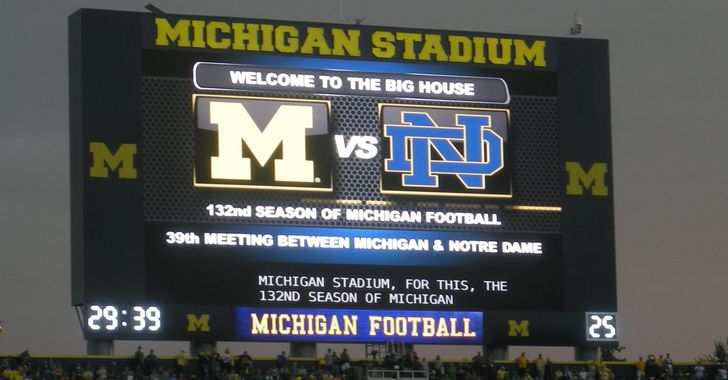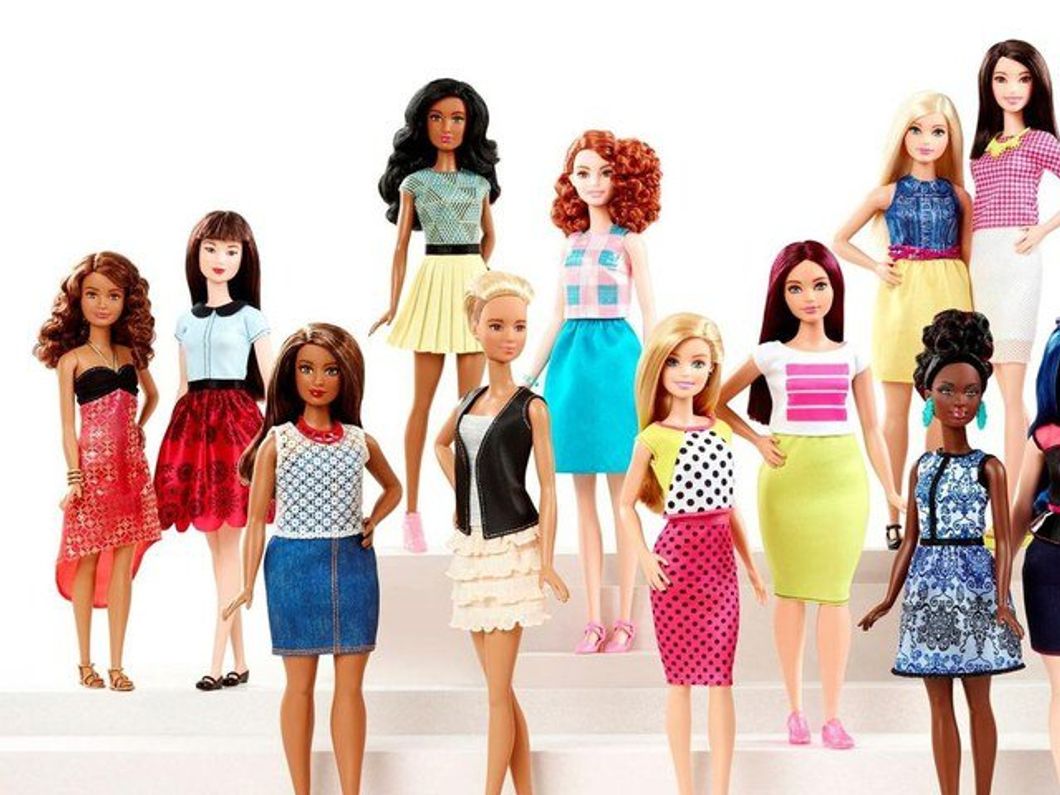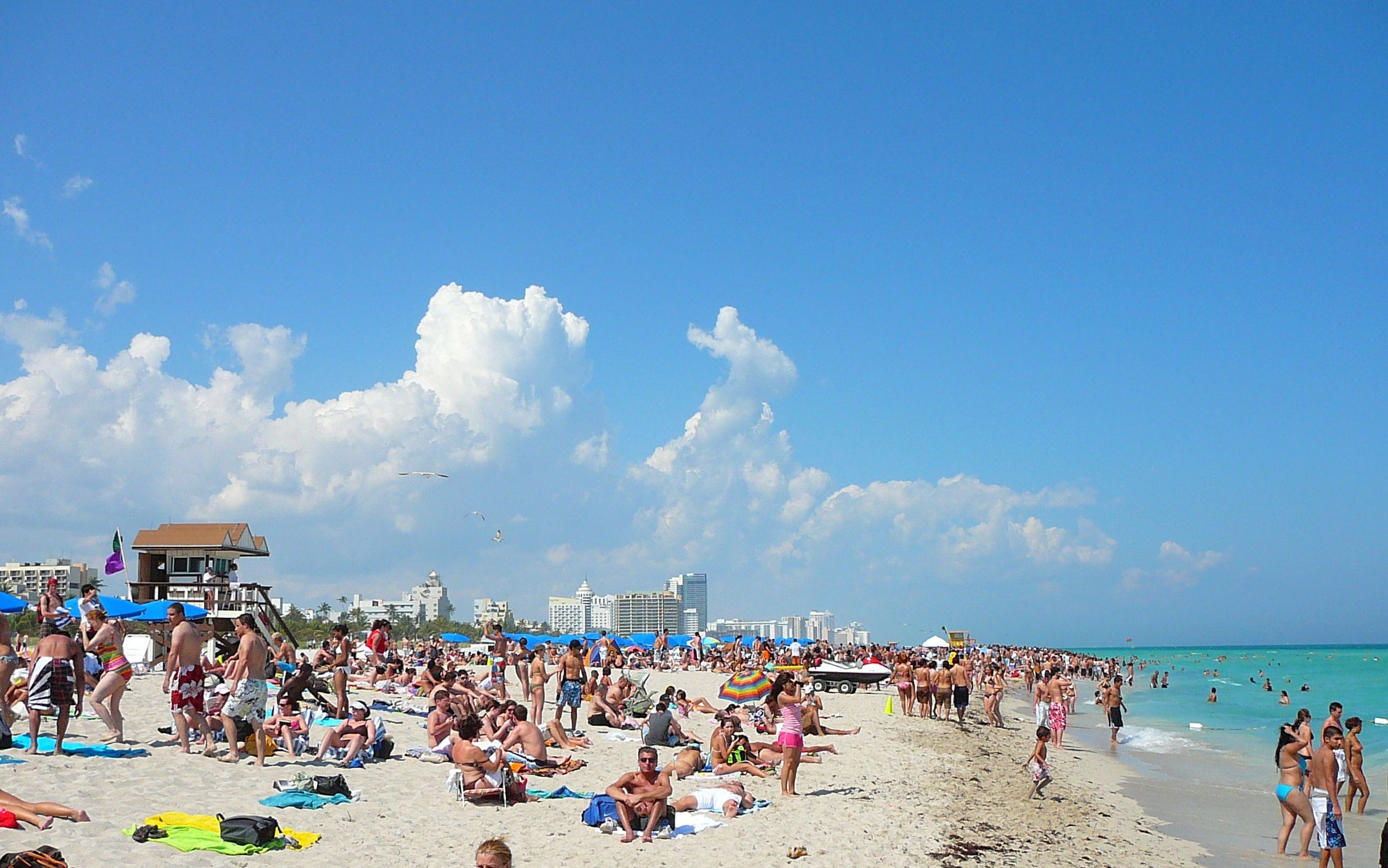For years, scientists have been saying that another life-changing pandemic is undoubtedly right around the corner, but they just didn't know when exactly. However, they did know that we would not be prepared for it. So, of course, COVID-19 took us all by surprise.
When the United States saw its first case of COVID-19 in late January, we were told not to worry, and that the flu is still the bigger threat. Well, the first COVID-19 death was confirmed on February 29 and a month later, on March 29, we saw more than 2,500 deaths. By April 7, we started seeing a daily death toll of approximately 2,000. From April 7 to April 18, the US saw more than 28,000 deaths in 11 days alone. After this increase in deaths, we now know that COVID-19 is a serious threat. But just how serious is it? According to Dr. Anthony Fauci, the director of the National Institute of Allergy and Infectious Disease (NIAID), COVID-19 could be as much as 10 times more deadly than the flu.
Here are three reasons why the U.S. still isn't ready to "reopen" and lift stay-at-home orders.
1. First, the personal protective equipment (PPE) shortage. Then the ventilator shortage. Now the dialysis supply shortage.
Doctors are starting to see COVID-19 patients die not just because of lowered oxygen levels but because of blood clots so significant that the dialysis machines are clotting as well. According to Dr. David Charytan, the head of nephrology at NYU Langone Health, 10 percent of ICU patients are normally on dialysis. However, "We're seeing 20 percent to 30 percent needing dialysis." According to Dr. Enrique Lopez, a surgical intensive care specialist at Phoebe Putney Health System in Albany, Georgia, having an overload of patients needing dialysis means that "You have to try to decide who's going to get dialysis and who's not."
We saw this problem first with PPE, second with ventilators, and now we're seeing it again, but this time with dialysis machines. If this trend of shortages continues, what will be next?
2. COVID-19 vs. influenza
Although the flu and COVID-19 both show the same basic flu-like symptoms, COVID-19 is deadlier. As University College London professor Hugh Montgomery told Channel 4,
"Normal flu, if I get that, I'm going to infect on average 1.3, 1.4 people... by the time it's happened 10 times, I've been responsibly for about 14 cases of flu... This coronavirus is very, very infectious, so every person passes to it three, now that doesn't sound like much of a difference, but if each of those three pass it to three and that happens in 10 layers, I have been responsible for infecting 59,000 people."
To see a visualization of how 10 rounds of infection with the flu differs from that of COVID-19, click here to watch a great explanation.
As I previously stated, the month of April has been seeing a trend of approximately 2,000 deaths per day. If this trend continues for the next thirty days, we will see 60,000 deaths in the U.S. in one month alone (the flu can kill about 60,000 Americans in one year). As of April 18, more than 39,000 deaths have already occurred in the span of two months. But not only that, we still have to take into consideration the number of deaths that occur during the downfall of this death curve. Let's think hypothetically for a moment — let's say that we see 40,000 deaths by the end of April, and the death curve turns the other direction, going downhill for the rest of the year. We see 40,000 deaths going up that curve, and going down we will see the same. This means if the peak is truly over and the death curve starts to take a downward turn by May, then we will see a total of 80,000 deaths at the end of it all.
The problem is, now that people are calling for the U.S. to reopen, it is inevitable that we will continue to see new cases, and therefore, new deaths. In order to save the most lives, reopening the country is not a logical decision. First, everyone was concerned about reaching 100,000 deaths worldwide. Now, we should be concerned about reaching 100,000 deaths in the United States alone (and possibly beyond that).
3. We will most likely see a second wave, and possibly even a third.
If we take a look back into history, the United States saw three waves of infections and deaths during the short-lived Spanish Flu of the 1918 pandemic (and the worst death toll during the second wave). The U.S. also saw three waves during the Russian Flu of the 1889 pandemic. Considering the fact that past pandemics had multiple waves, it is not unlikely that COVID-19 will have the same. We simply cannot assume that we will experience one peak, and one peak only, of this virus. Although antibody therapy seems to be quite successful, we still don't know how long it will keep a person immune to COVID-19 and there is certainly not enough for everyone either. Therefore, the only way out of this pandemic is with a vaccine. And without a vaccine available to us for at least another year, we will continue to see COVID-19 as a threat to the human race throughout the rest of 2020 and possibly into 2021, as well.
* * *
Although some people are quick to reopen the economy, the war we've been fighting for the past three months is not over. The American economy has been through its ups and downs, and every time, it is able to get back up better than ever. However, now is certainly not the time to jump-start the economy back up. Lives are still being lost, and they will continue to be if we do not handle the reopening of this country the way we should. Reopening causes the prevention of spread to not be taken seriously, and we currently do not have access to widespread testing. Therefore, in order to save the most lives, reopening the country is not a logical decision.
Would you rather lose a job or lose someone who's close to you? I would much rather lose a job — lives are not replaceable.
- To Those Who Don't Think They Impact The Spread Of COVID-19 ... ›
- I Spoke To A Pittsburgh Patient Care Technician About COVID-19 ... ›
- None ›







 Photo by
Photo by 









































